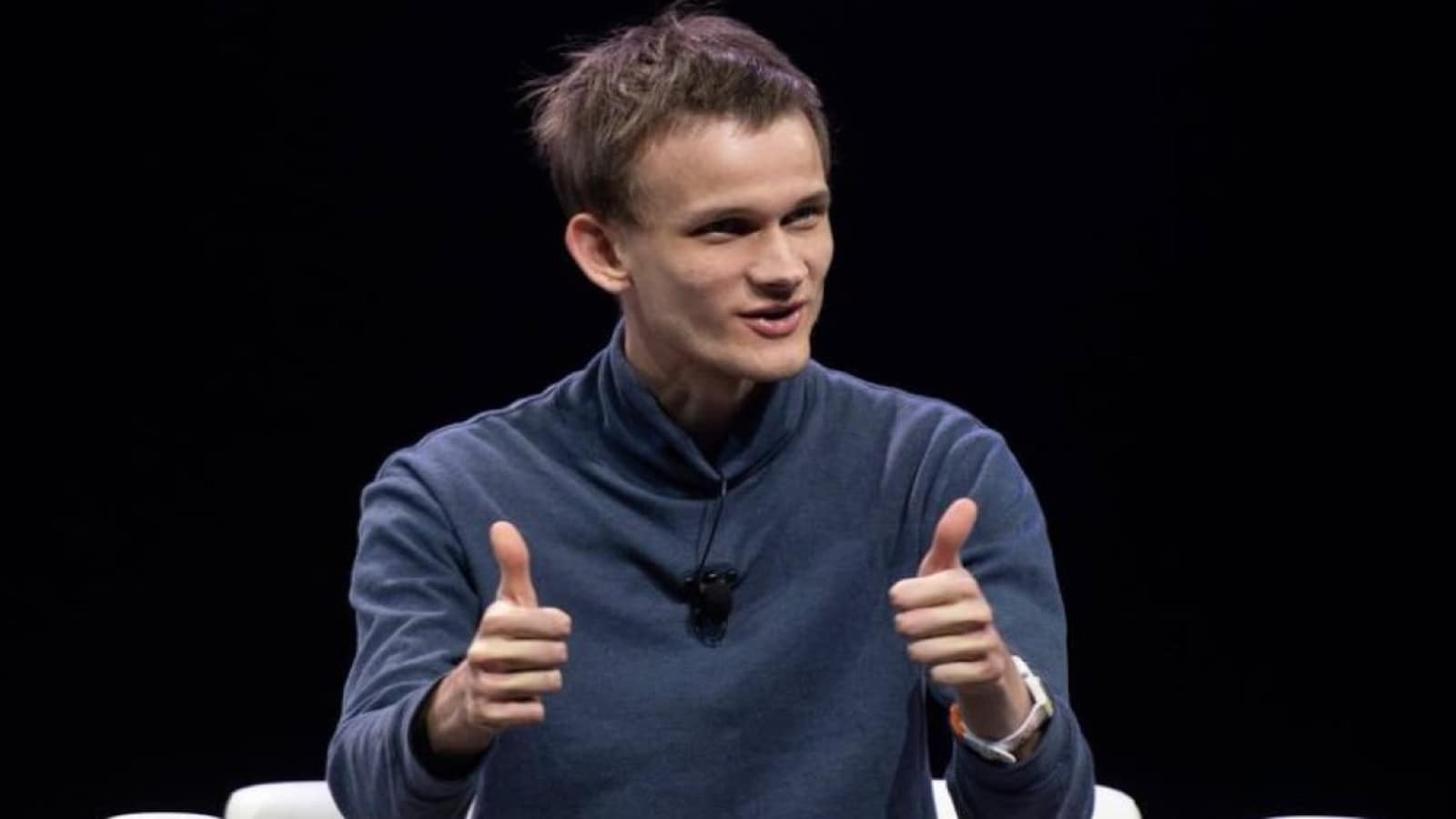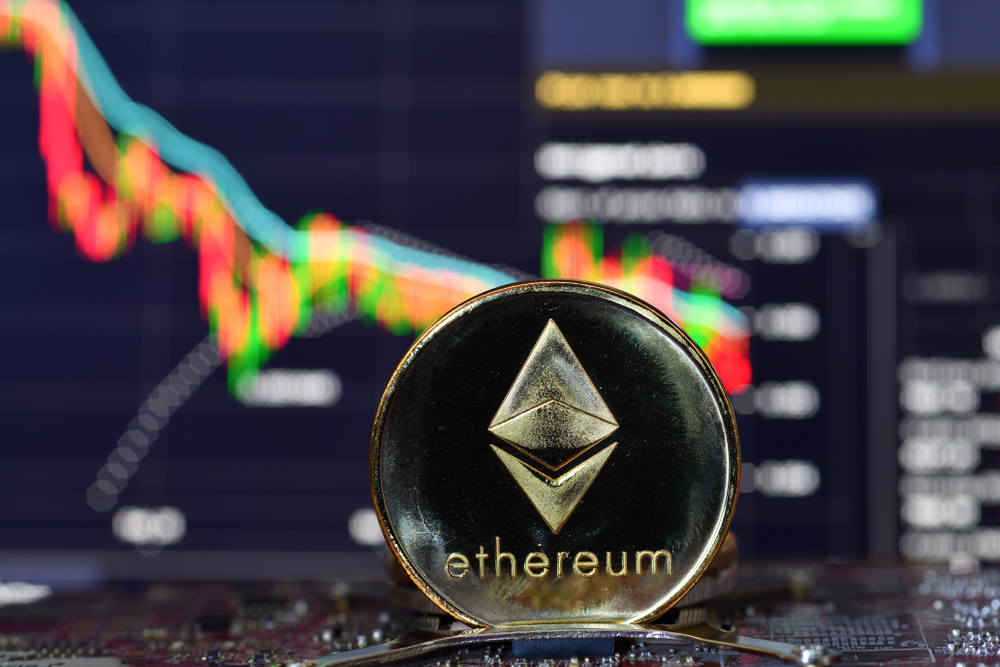|
Getting your Trinity Audio player ready...
|
In a surprising twist during the October 8 episode of the Marginal Revolution podcast, economists Tyler Cowen and Alex Tabarrok made a bold claim: Vitalik Buterin, co-founder of Ethereum (ETH), deserves the 2024 Nobel Prize in Economics. This unconventional pick has sparked conversations within the financial community, as Buterin’s contributions to economics and blockchain technology continue to shape the landscape of digital currency.
Cowen asserted that Buterin’s impact is comparable to that of Bitcoin’s enigmatic founder, Satoshi Nakamoto. “I have an unusual pick, I suspect you’ll agree with me. I would give it to Vitalik Buterin,” he said, emphasizing that Buterin has not only built a platform but has also created a currency that challenges traditional economic theories, including Mises’ regression theorem. This statement highlights the revolutionary nature of cryptocurrencies and their potential to redefine monetary systems.
The Nobel Prize For Economics – A Brief Overview
For those unfamiliar, the Nobel Prize for Economics—officially known as the Sveriges Riksbank Prize in Economic Sciences—was established by Alfred Nobel in 1895. Each year, the Economics Prize Committee, comprised of five elected members, invites thousands of academics and scientists worldwide to nominate candidates. After thorough evaluations, the committee selects potential laureates based on their contributions to the field.
In the context of this year’s prize, Tabarrok pointed out that Buterin has consistently pushed the boundaries of Ethereum’s mechanism design, notably through its transition to Proof-of-Stake (PoS). This groundbreaking shift has led to a staggering 99% reduction in energy consumption, executed seamlessly without major disruptions. Tabarrok cleverly likened this achievement to a viral video where four Saudi Arabian men change two tires while still driving on two. Such an analogy underscores the remarkable nature of Ethereum’s transformation and Buterin’s innovative approach.
Buterin’s Influence on Monetary Economics
Beyond technical achievements, Buterin’s writings on monetary economics have garnered attention. Tabarrok remarked that no economist has presented better insights on the topics Buterin discusses, highlighting the significance of his intellectual contributions. His polite demeanor and ability to engage with the broader community would undoubtedly make him a fitting candidate for the Nobel ceremony.
Since co-founding Ethereum, Buterin has remained at the forefront of the blockchain movement, receiving accolades along the way. In 2014, he earned the prestigious IT software prize at the World Technology Awards, outperforming industry giants like Mark Zuckerberg. His journey has been supported by significant funding, including a $100,000 grant from the Thiel Fellowship, allowing him to develop his vision further. Today, Ethereum stands as the second-largest cryptocurrency, boasting a market capitalization of approximately $289 billion.
The Future of Ethereum and Its Creator
As of now, ETH is trading at $2,402, reflecting a slight decline of 1.7% in the past 24 hours. However, the future looks promising for both Buterin and Ethereum, especially with ongoing advancements in blockchain technology and increasing acceptance of cryptocurrencies in mainstream finance.
While the Nobel Prize for Economics has traditionally recognized contributions rooted in conventional economic theory, the selection of Vitalik Buterin could signify a shift towards acknowledging groundbreaking work in the evolving world of digital currencies. As the lines between economics and technology continue to blur, Buterin’s pioneering efforts in creating and sustaining Ethereum might just earn him a place among the esteemed winners of this prestigious award.
In a world where traditional economic models are being challenged by innovative technologies, recognizing figures like Buterin could pave the way for a new era in economic thought. Whether or not he wins the 2024 Nobel Prize remains to be seen, but the conversation surrounding his candidacy highlights the growing importance of blockchain and cryptocurrency in today’s economy.
Disclaimer: The information in this article is for general purposes only and does not constitute financial advice. The author’s views are personal and may not reflect the views of Chain Affairs. Before making any investment decisions, you should always conduct your own research. Chain Affairs is not responsible for any financial losses.
I’m your translator between the financial Old World and the new frontier of crypto. After a career demystifying economics and markets, I enjoy elucidating crypto – from investment risks to earth-shaking potential. Let’s explore!



